By Patrick Obia
Civil Society Organizations or CSOs, the Media among other stakeholders have been trained and enjoined to collaborate for effective energy transition, and reduction of methane emissions in the oil and gas, and extractives sectors.
The charge was made in a three-day workshop/training of stakeholders, on Methane Emissions Reduction, organized by Center for Journalism Innovation and Development or CJID and the Natural Resource Governance Institute (NRGI).
Held in John Wood Hotel, Wuse, Nigeria’s Federal Capital Territory of Abuja, was aimed to empower CSOs and the media to better understand, monitor, and influence Nigeria’s methane emissions reduction efforts.
Organizers said the training sessions and participants are unique stakeholders in strengthening awareness and driving meaningful public debate on the need to implement methane emissions reduction strategies in Nigeria’s oil and gas sector.
Day 1, session 1, with the topic: ‘Climate change, the energy transition and the importance of GreenHouse Gas or GHG emissions’, the facilitator Tengi George-Koli of Natural Resource Governance Institute, drew linkages between Nigeria’s energy transition efforts, national and global commitment to reduce methane emissions.
Tengi noted that understanding why emissions, and methane in particular, are becoming increasingly important to resource governance debates including financial mechanisms, incentives, and others.
Session 2, facilitated by Rob Pitman on ‘Fundamentals of emissions and understanding how methane emissions in projects’, gave a brief introduction to GHG emissions, their sources and their impacts on climate change, global and national GHG emissions statistics as well as trends.
He highlighted the different tools, resources, and emerging technologies that support GHG emissions in the extractive sector.
Session 3, with the topic: ‘bridging the gap between emissions data and media narratives/civil society perceptions’, Ini Ekott pointed to the role of transparency and data in addressing climate change/greenhouse gasses.
Speaking on ‘management of operational GHG emissions in Nigeria’s oil and gas sector with regional context’ in session 4, the Team lead for Africa Center for Energy Policy, Charles Ofori, while sharing examples on ongoing methane emissions reduction efforts regionally, pricked on the importance of minimizing impacts of methane emissions on the lives of Nigerians, communities, and women.
READ ALSO: Watch Dogs Trained On Accountability Journalism In West Africa
In session five on day two, Rob Pitman facilitating on ‘using GHG emissions data to support debate’ explained how third-party estimates are improving in quality and quantity and how it changes the degree to which companies and governments can control the narratives on emissions.
Session six witnessed an analysis of the ‘mechanism for managing methane emissions in Nigeria – understanding issues to be revolved’, facilitated by Ahmad Abdulsalmad, who identified political threats, weaknesses, strengths, and opportunities in methane emissions reduction.
Ini Ekott in session seven touched light on ‘advocacy for transparency in GHC plan on methane emissions.
The experts averred that with the significant methane emissions from its oil and gas sector, Nigeria has the potential to make a substantial climate impact through targeted reductions.
This is believed to align with Nigeria’s commitments under the Global Methane Pledge and its recently updated Nationally Determined Contribution or NDC.
The third day witnessed the launch of “Guidebook on Nigeria’s Energy Transition’ which was unveiled by the Executive Secretary of Nigeria Extractive Industries Transparency Initiative or NEITI – Dr. Orji Orji.
Dr. Orji while unveiling the book said the capacity building and knowledge sharing are coming at a time when Nigeria is grasping huge energy challenges; energy financing, low capacity utilization, poor energy infrastructure; the global transition to renewable energy, and others that play an important future that can not be ignored.
In her speech, the Africa Director of Natural Resource Governance Institute, Nafi Chinery, thanked and welcomed participants who were selected from various States of the country.
She said as the world battles to move away from fossil fuel dependence to greener energy, there is need to save the world from climate change.
Also, in his brief talk the Founder of CJID, Dapo Olorunyomi, expressed satisfaction for the success of the workshop and collaboration with NRGI and hope for more.
Stakeholders and government agencies who attended the training include the National Council of Climate Change; Africa Climate Foundation, the Federal Ministry of Petroleum Resources, and others.
A presentation on ‘Nigeria’s methane emissions reduction strategies: challenges and opportunities’, presented by Emissions expert Charles Majomi was also taken.
Highlights of the highly interactive workshop were question and answer sessions, book unveiling, presentation of certificate to trainees, and group photographs.
Since You Are Here, Support Good JournalismCrossRiverWatch was founded on the ideals of deploying tech tools to report in an ethical manner, news, views and analysis with a narrative that ensures transparency in governance, a good society and an accountable democracy. Everyone appreciates good journalism but it costs a lot of money. Nonetheless, it cannot be sacrificed on the altar of news commercialization. Consider making a modest contribution to support CrossRiverWatch's journalism of credibility and integrity in order to ensure that all have continuous free access to our noble endeavor. CLICK HERE |
New Feature: Don't miss any of our news again.Get all our articles in your facebook chat box.Click the Facebook Messenger Icon below to subscribe now
Text Advert by CRWatch :Place Yours

Will You To Learn How To Make Millions Of Naira Making Special Creams From Your Kitchen?.Click Here
Expose Your Business And Make More Sales. Advertise On CrossRiverWatch.com Today

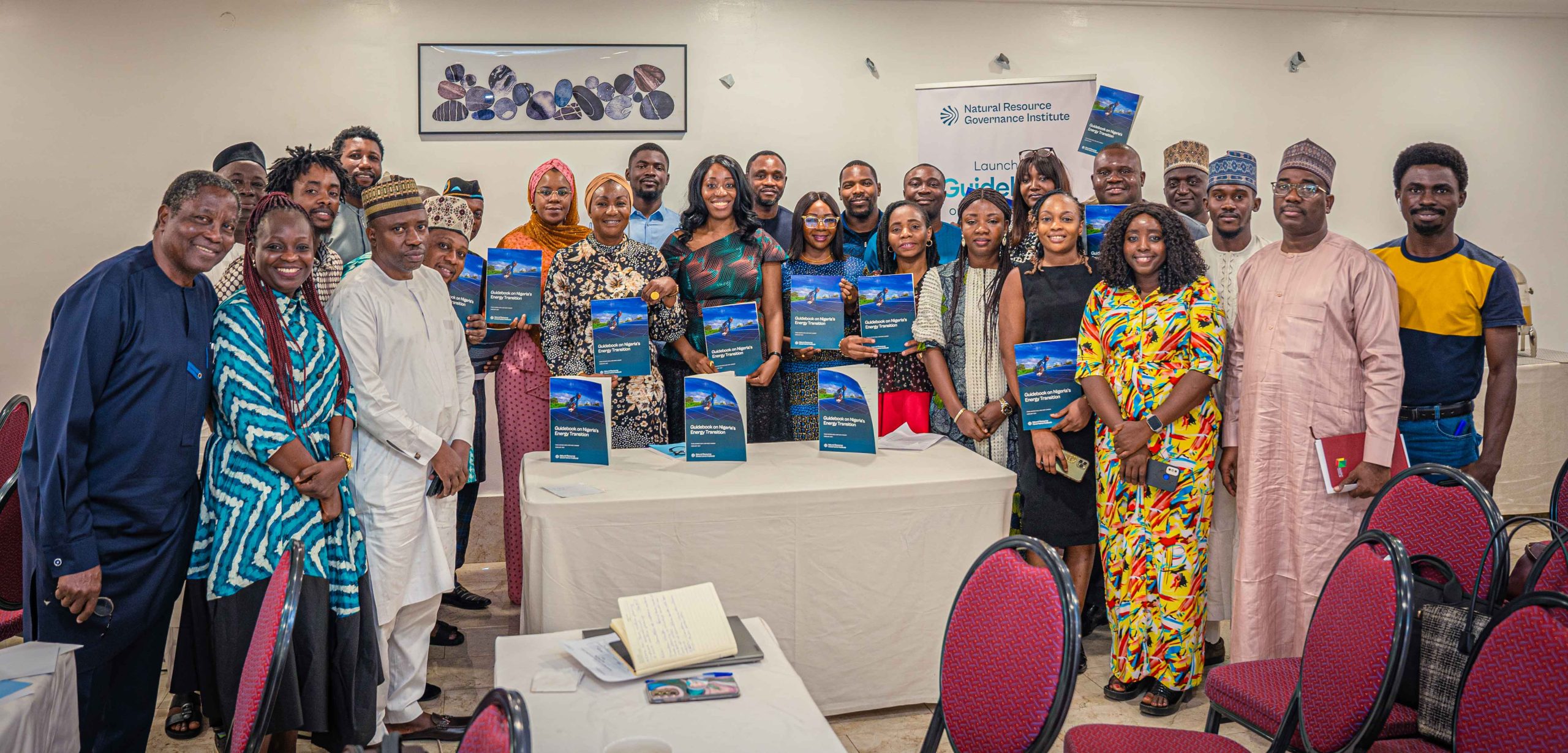

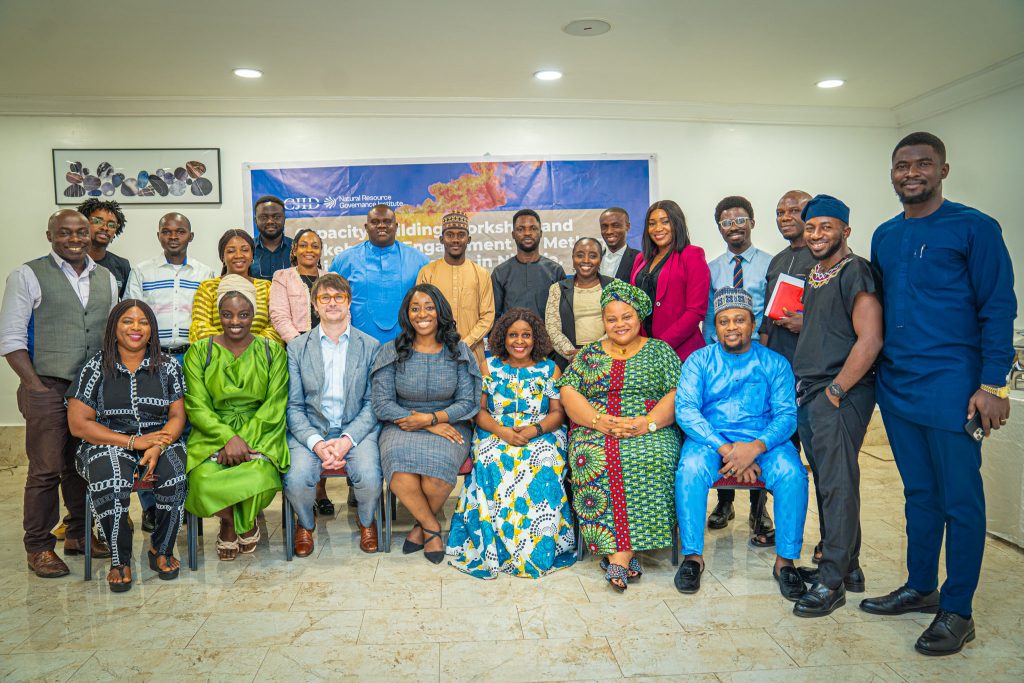
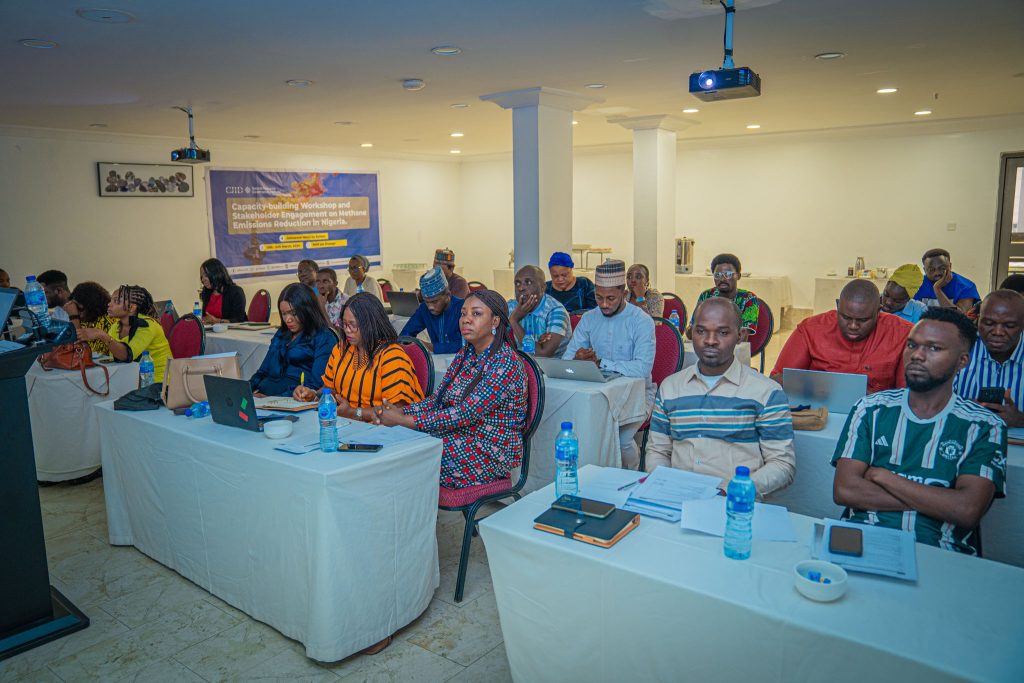
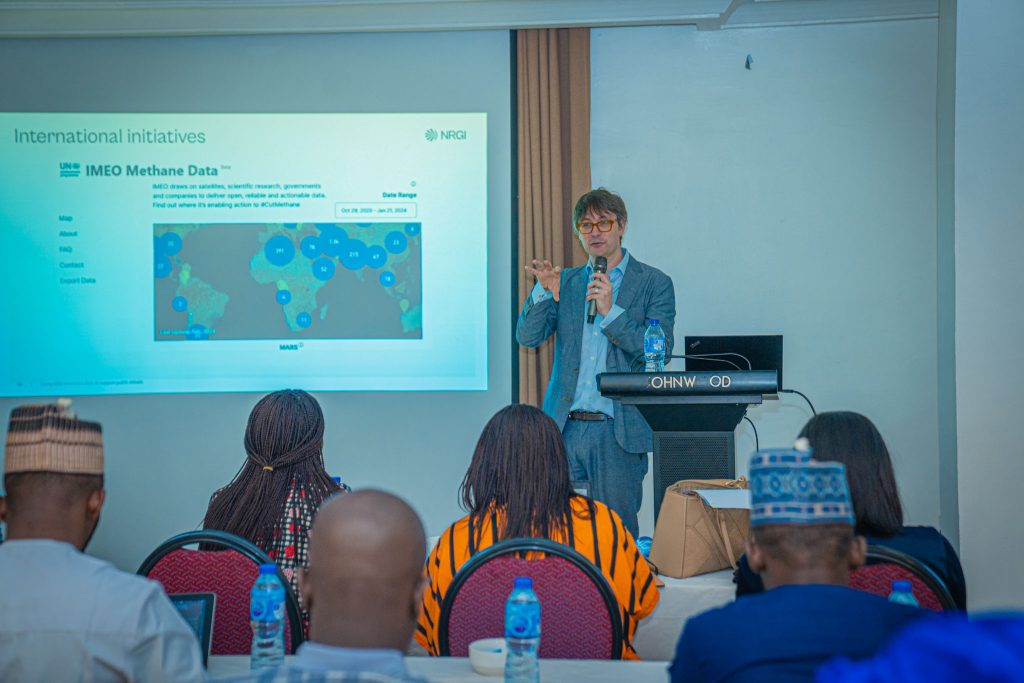
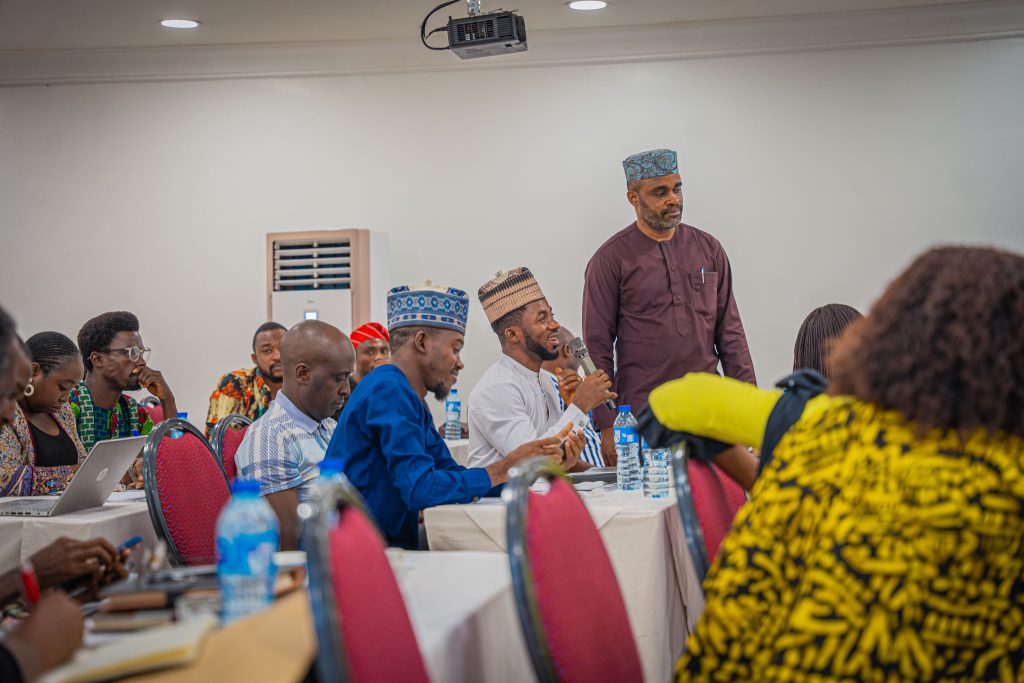
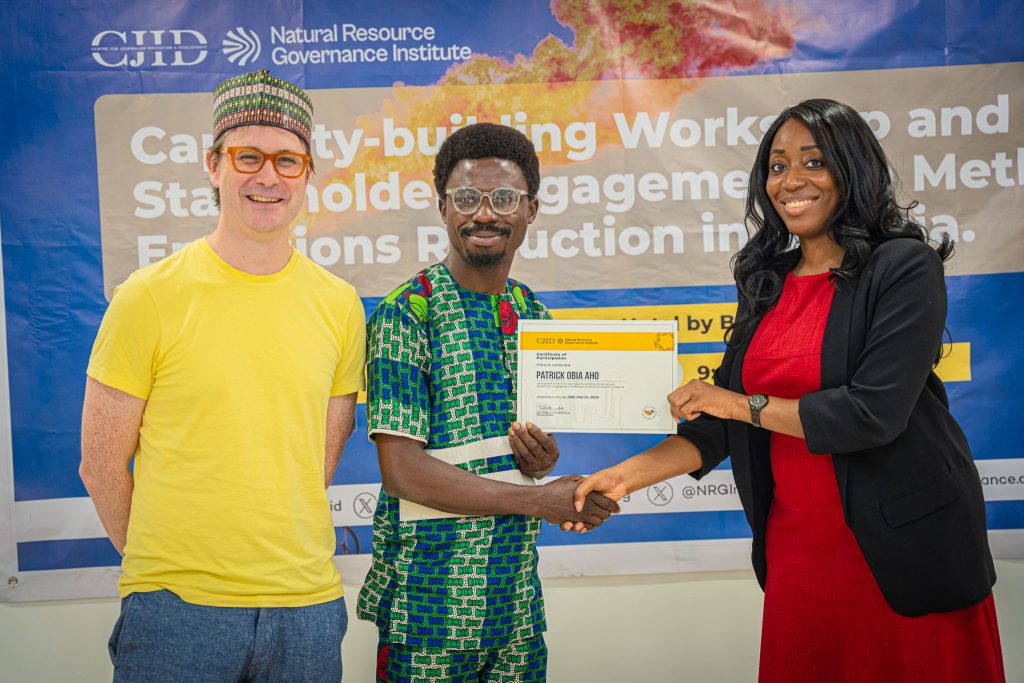
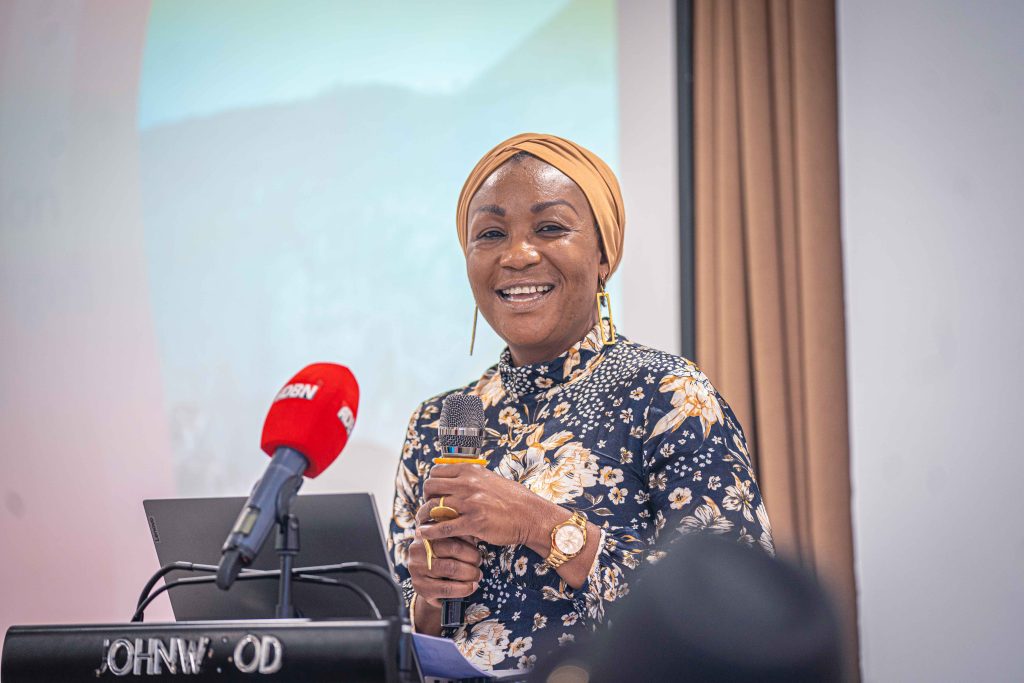
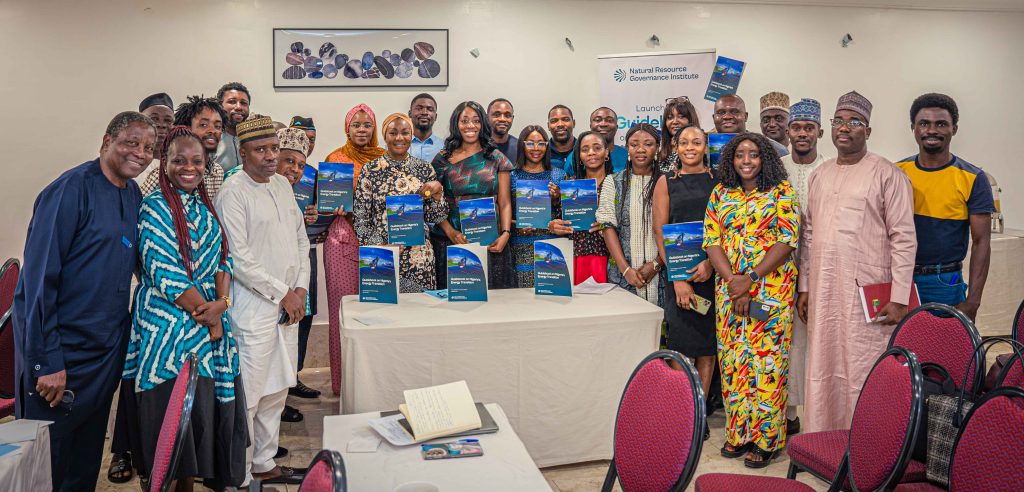
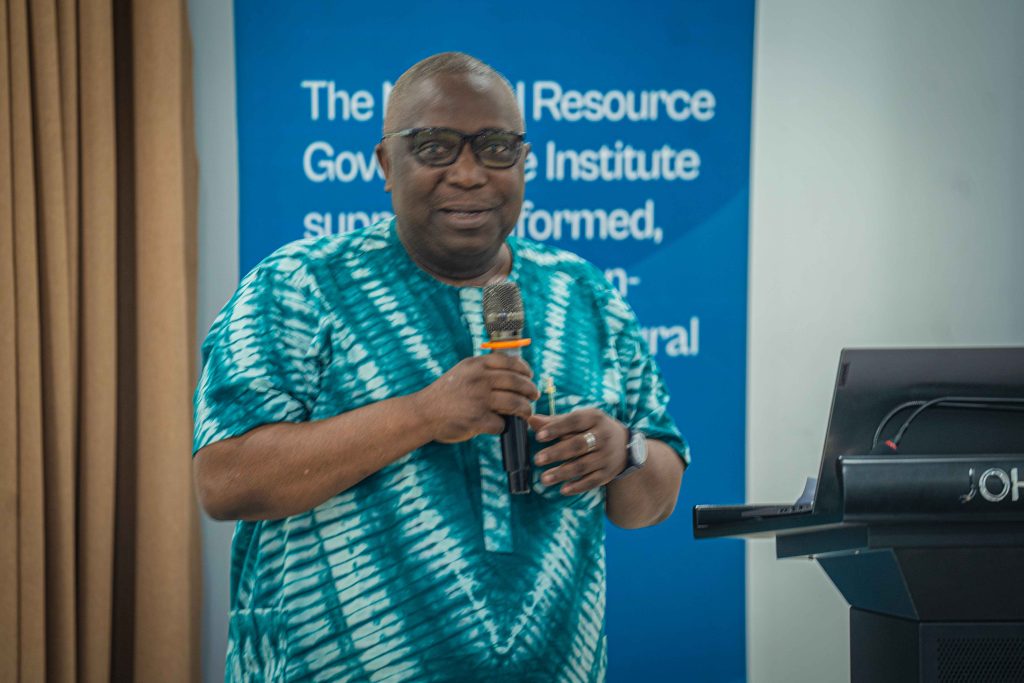
Leave feedback about this